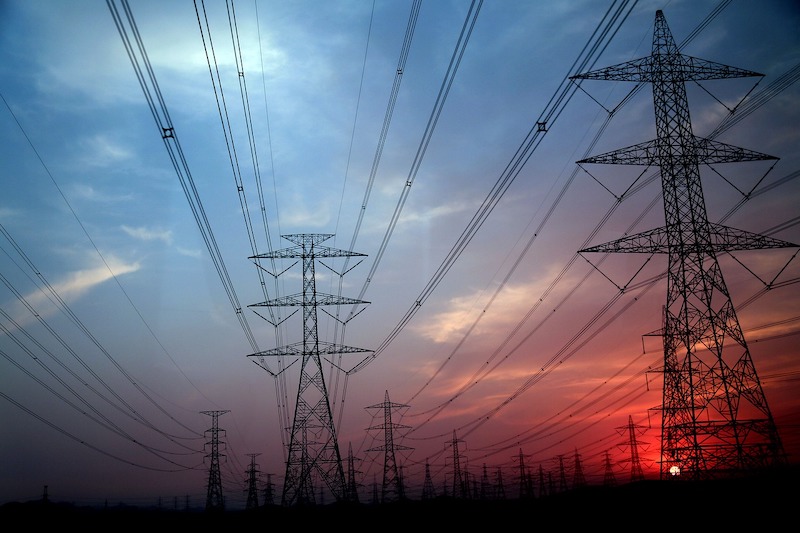The proposed 2021 International Energy Conservation Code (IECC) would be the most energy efficient code ever, but appeals may reduce the efficiency it promotes.
Several industry groups, including the National Association of Home Builders, the Leading Builders of America, the Air Conditioning, Heating, and Refrigeration Institute, the American Gas Association, and the American Public Gas Association, have appealed specific provisions of the proposed code. Among the code challenges are: electrification and electric vehicle readiness, water heating efficiency, and numerous other provisions.
“The sheer number of appeals is unprecedented—likely because the interest in a more efficient code is greater than ever before,” writes Lauren Urbanek, a Natural Resources Defense Council policy advocate. More than 20 efficiency proposals that were approved by the ICC process and that passed the governmental vote with a supermajority have been appealed.
ICC technical committees—which are dominated by industry representatives—had voted to reject the 20 proposals. But their recommendations were overturned by a two-thirds majority vote.
The final hearing was scheduled for September 14 to discuss the legitimacy of the vote. After hearings are completed, the full ICC Board of Directors was scheduled to weigh in on September 16.
Related Stories
| Mar 22, 2012
Bill would reintroduce “opt-out” provision in lead paint law
The Lead Exposure Reduction Amendments Act of 2012 (S2148) would restore the "Opt-Out" provision removed from the Environmental Protection Agency's Lead Renovate, Repair and Painting (LRRP) rule in April 2010.
| Mar 15, 2012
New Florida building code establishes flood and storm surge provisions
The new 2010 code establishes minimum design and construction requirements to protect buildings from wind, rain, floods, and storm surges.
| Mar 15, 2012
Illinois city rejects international code due to home sprinkler requirement
Macomb, Illinois aldermen voted to recommend that the city not adopt 2012 international building and residential code standards requiring the installation of overhead sprinkler systems in newly constructed one-family and two-family homes.
| Mar 15, 2012
Tenant advocates propose licensing landlords in New York City
With thousands of New York City rental units posing potential dangers to tenants, city advocates are proposing measures to make landlords improve building safety.
| Mar 15, 2012
Construction industry a big winner in federal small disadvantaged business procurement
Last year, only 5% of federal contract dollars went to small disadvantaged businesses. Construction and facilities support firms were the biggest beneficiaries.
| Mar 15, 2012
ANSI approves new fall protection standards
The American National Standards Institute (ANSI) has approved two American Society of Safety Engineers' (ASSE) standards addressing fall protection.
| Mar 8, 2012
Engineering innovation provides new option for meeting seismic codes in skyscrapers
Two University of Toronto engineers have developed “viscoelastic-energy-dissipating dampers” to replace many of the heavy concrete beams used in tall structures.
| Mar 8, 2012
CSI webinar on building code compliance March 22
A March 22 webinar will provide an overview of a 28-step process during the design of a building to ensure compliance with building codes.















